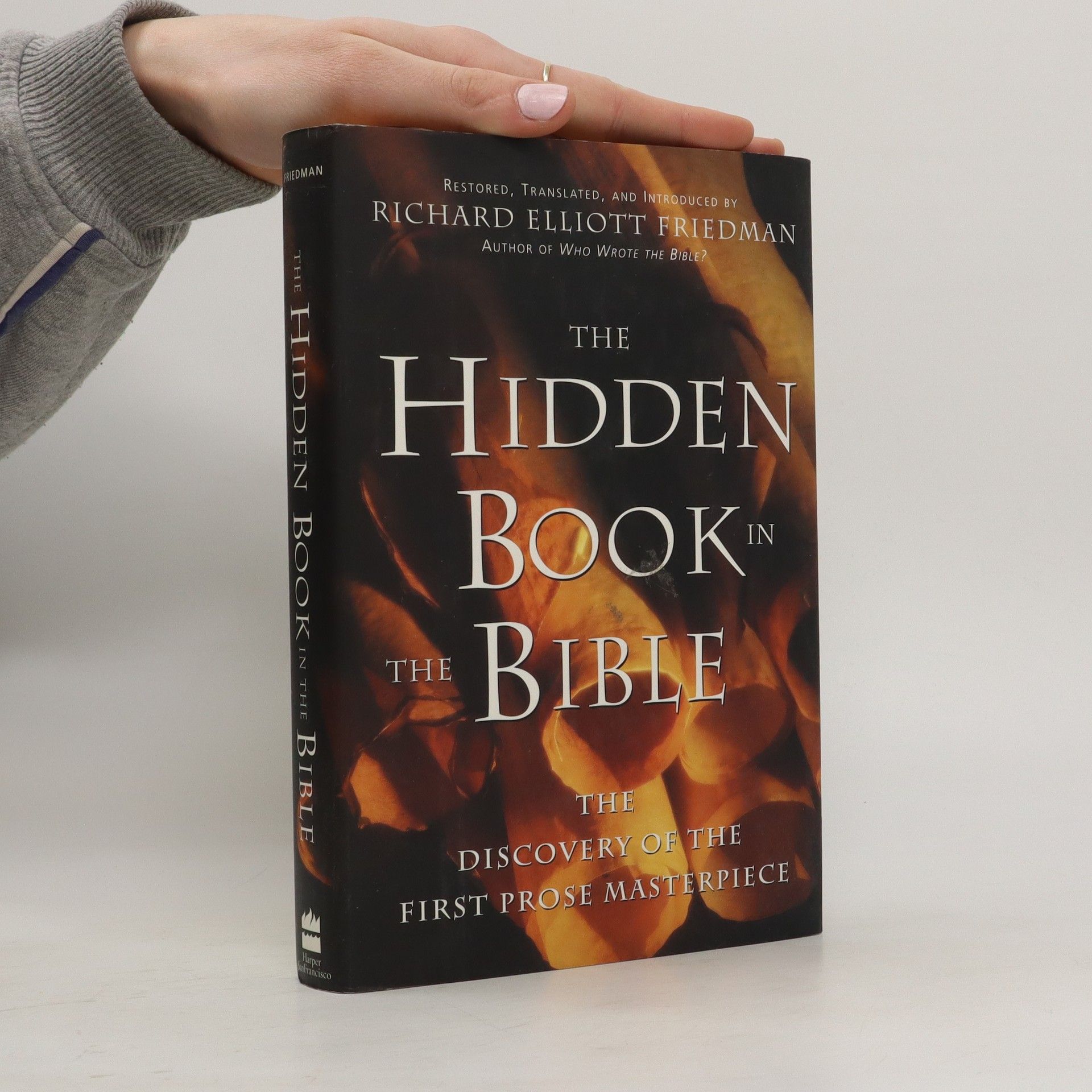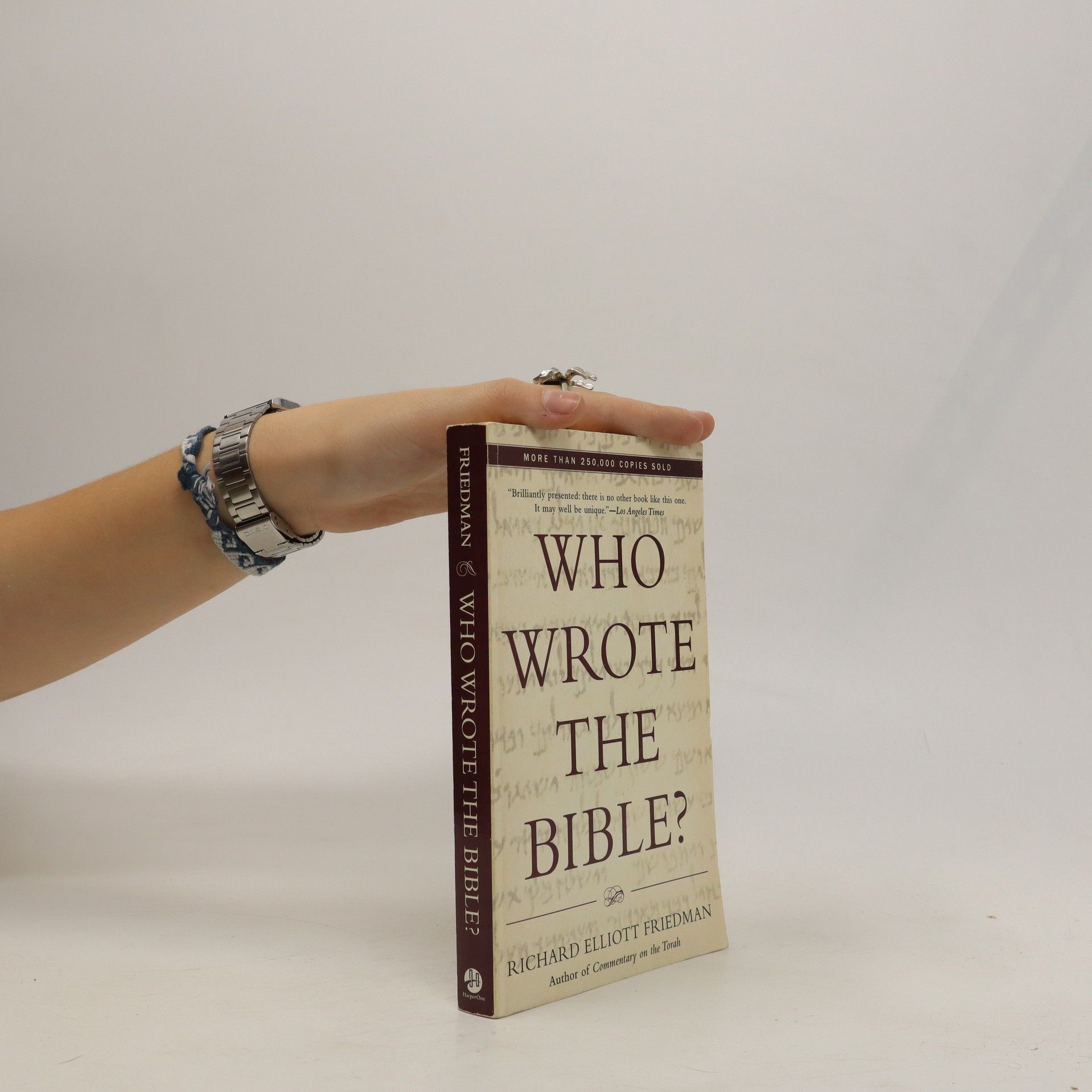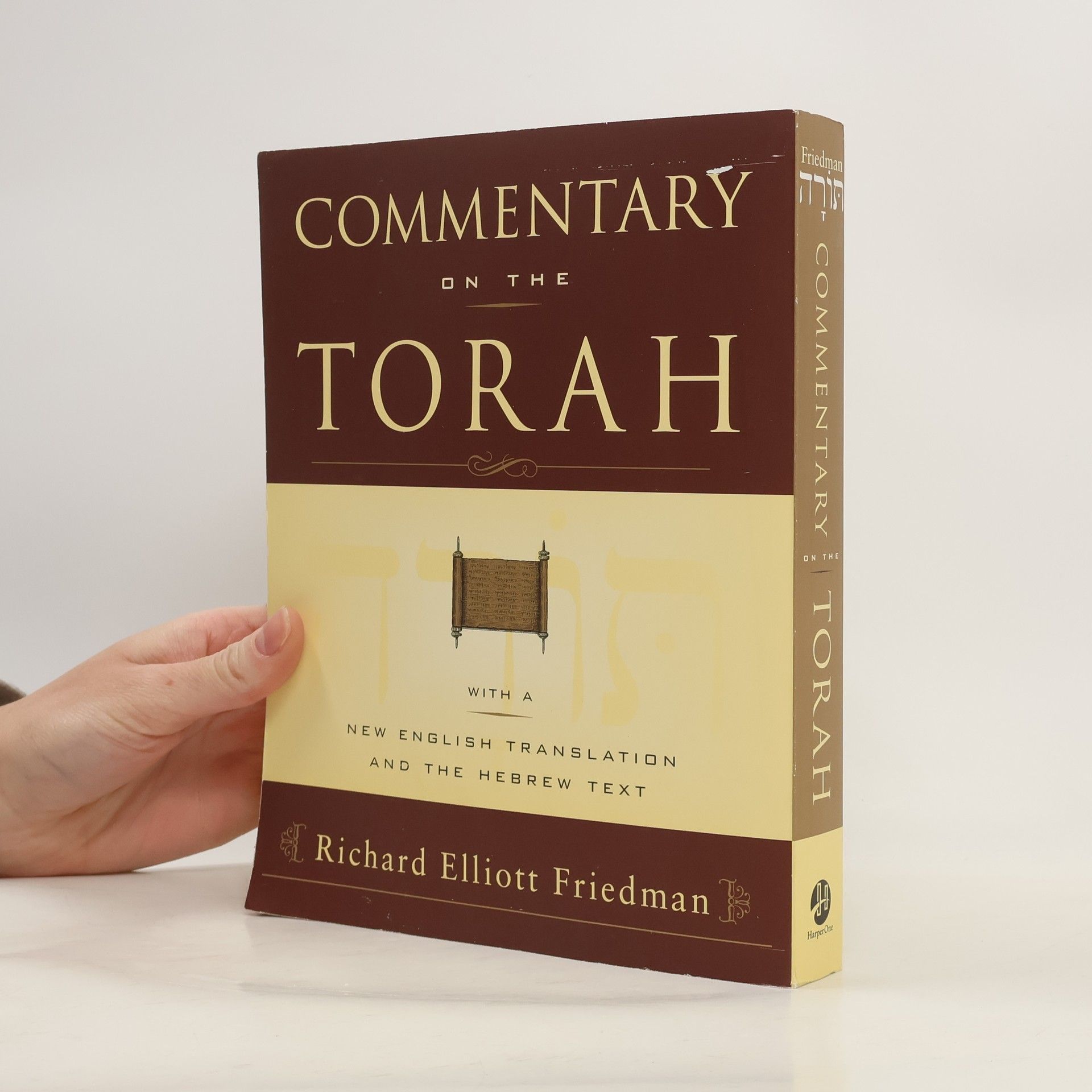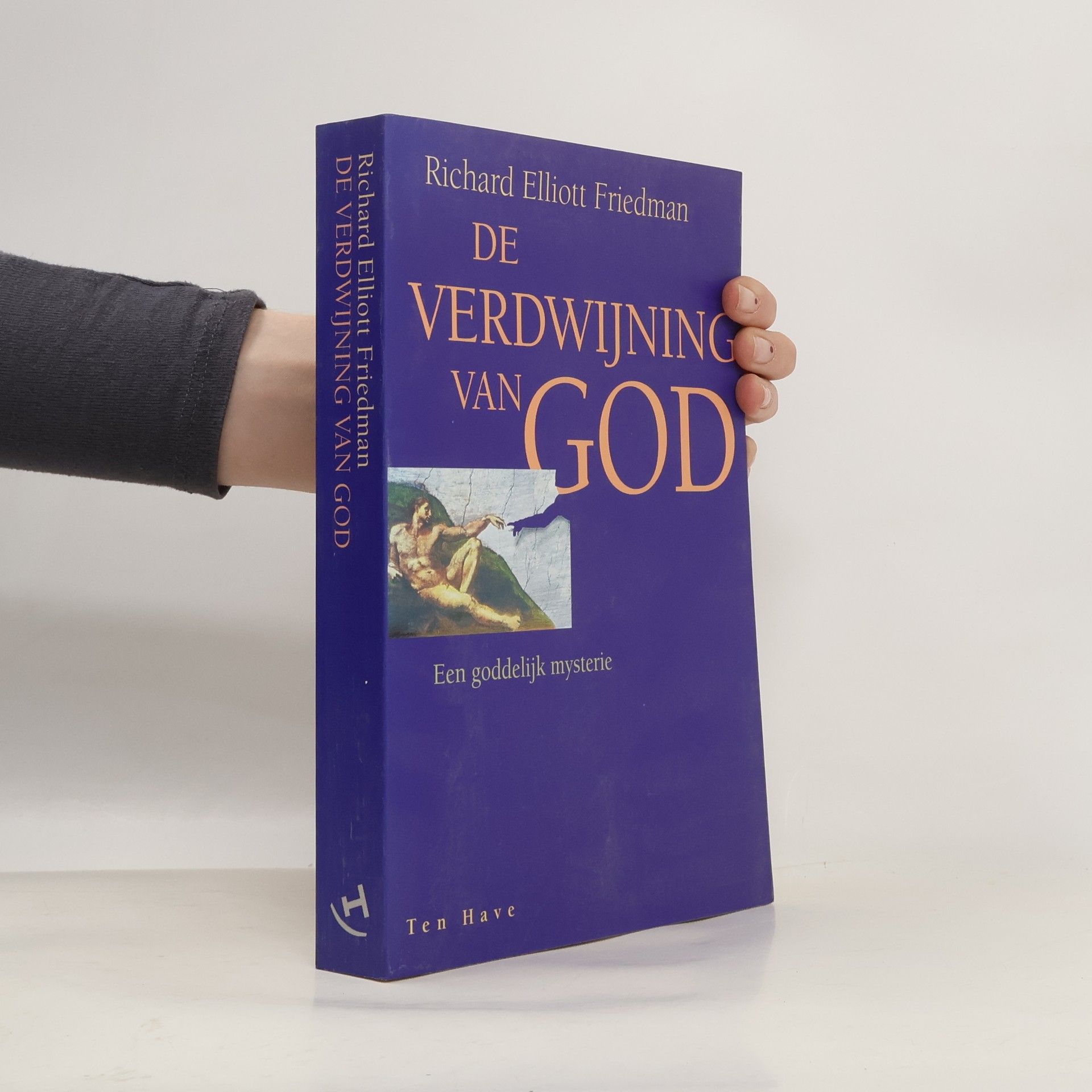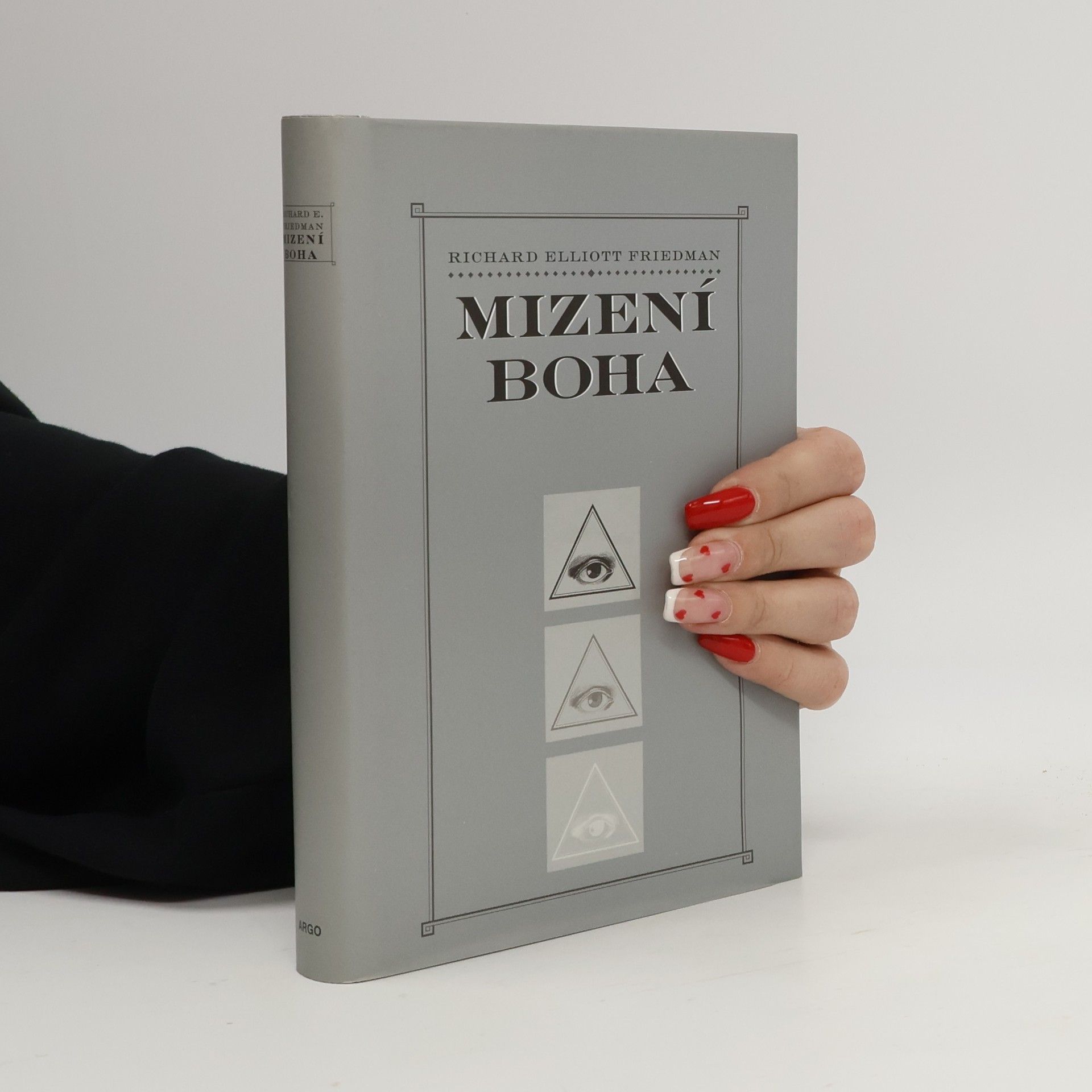Commentary on the Torah
With a New English Translation and the Hebrew Text
- 704 pages
- 25 hours of reading
In this groundbreaking and insightful new commentary, one of the world's leading biblical scholars unveils the unity and continuity of the Torah for the modern reader. Richard Elliott Friedman, the bestselling author of Who Wrote the Bible?, integrates the most recent discoveries in biblical archaeology and research with the fruits of years of experience studying and teaching the Bible to illuminate the straightforward meaning of the text -- "to shed new light on the Torah and, more important, to open windows through which it sheds its light on us."While other commentaries are generally collections of comments by a number of scholars, this is a unified commentary on the Torah by a single scholar, the most unified by a Jewish scholar in centuries. It includes the original Hebrew text, a new translation, and an authoritative, accessibly written interpretation and analysis of each passage that remains focused on the meaning of the Torah as a whole, showing how its separate books are united into one cohesive, all-encompassing sacred literary masterpiece. This landmark work is destined to take its place as a classic in the libraries of lay readers and scholars alike, as we seek to understand the significance of the scriptural texts for our lives today, and for years to come.

